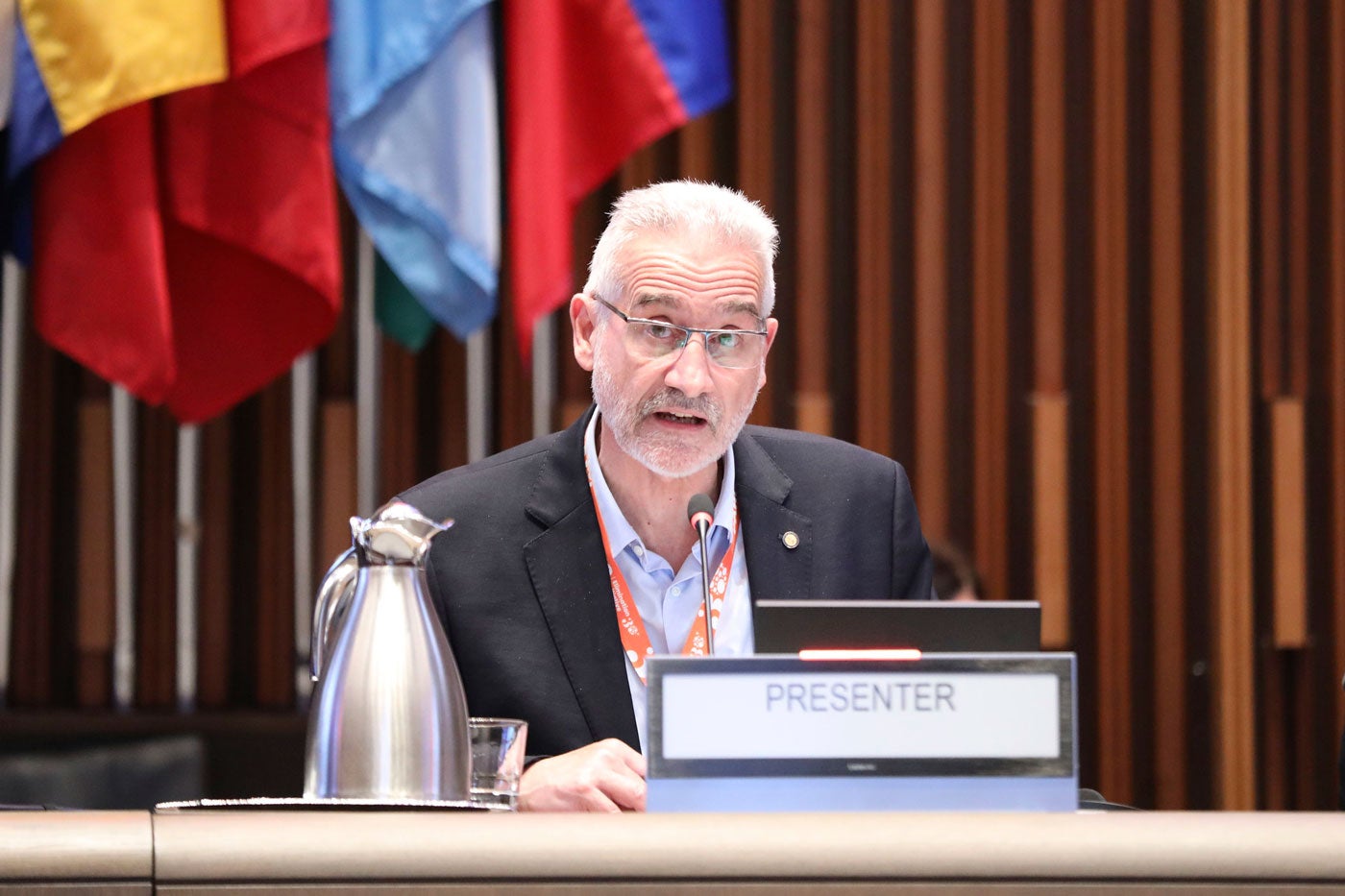
Washington, DC, October 2, 2024 (PAHO) – Health authorities in the Americas today committed to implementing a strategy and action plan to address sepsis, an extremely serious clinical condition caused by infectious agents. Delayed diagnosis and treatment can be fatal. Globally, sepsis is responsible for 20% of all deaths.
The new Strategy and action plan to reduce the burden of sepsis through an integrated approach 2025-2029, approved today by the 61st Directing Council of the Pan American Health Organization (PAHO), seeks to strengthen the public health response to this condition through social awareness, community participation, and improvements in healthcare.
“There is no time to waste in acting against sepsis,” Sylvain Aldighieri, Director of the Department of Prevention, Control and Elimination of Transmissible Diseases at PAHO said. “An urgent regional response is needed, led by countries and with the contributions of all partners: professional associations, academia, donors, and civil society organizations, to address this major public health challenge, which causes an unacceptable number of deaths,” he emphasized.
Sepsis is an extreme body reaction to an infection that can lead to organ dysfunction and, if left untreated, death. Newborns, especially premature babies, pregnant women, and the elderly are at greater risk, especially in a context where health inequities are prominent. Antimicrobial resistance, the emergence of new pathogens, and healthcare-associated infections further complicate the situation. Infection prevention is the most effective way to prevent sepsis and reduce its burden.
The action plan approved by the region's ministers of health includes a multifaceted approach and key measures to address sepsis, divided into three strategic lines:
- Building the foundation for high-impact interventions by increasing awareness, education, research, and surveillance of sepsis, promoting early detection and rapid intervention to reduce morbidity and mortality.
- Preventing infections by expanding vaccination coverage to strengthen immunity against infectious diseases, improving access to water and sanitation, and strengthening hygiene and infection control practices in healthcare facilities.
- Equitable access to healthcare ensuring rapid and effective diagnosis and treatment at all levels of care, including intensive care units, to improve patient survival.
The appropriate and timely use of antimicrobials targeted at the microorganisms responsible for sepsis is crucial to saving lives. The new edition of the PAHO's Treatment of Infectious Diseases 2024-2026 guide (in Spanish only) dedicates an updated section to the empirical antimicrobial treatment of sepsis.
With the implementation of the strategy in all countries, PAHO seeks to significantly reduce the incidence and impact of sepsis in the region, thereby improving health outcomes for all demographic groups.




